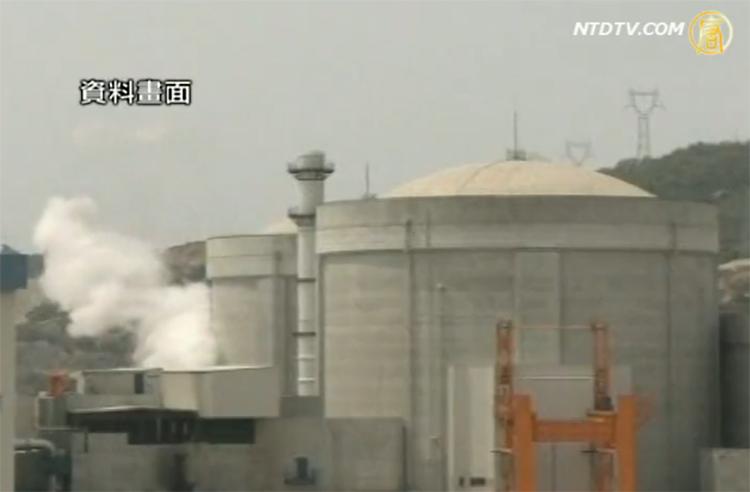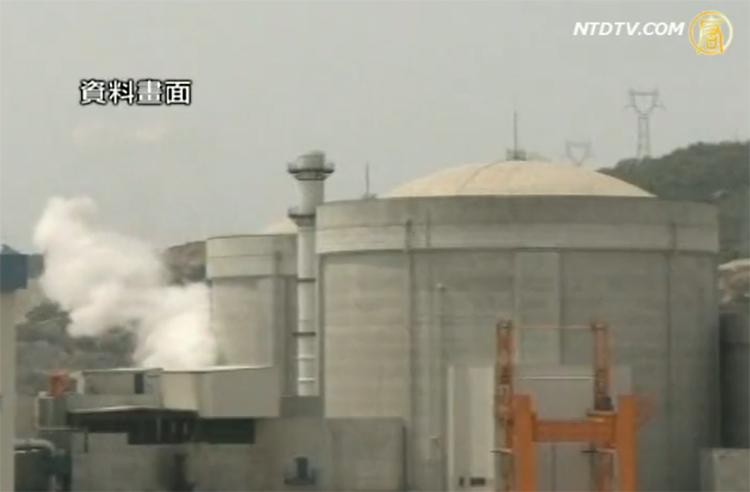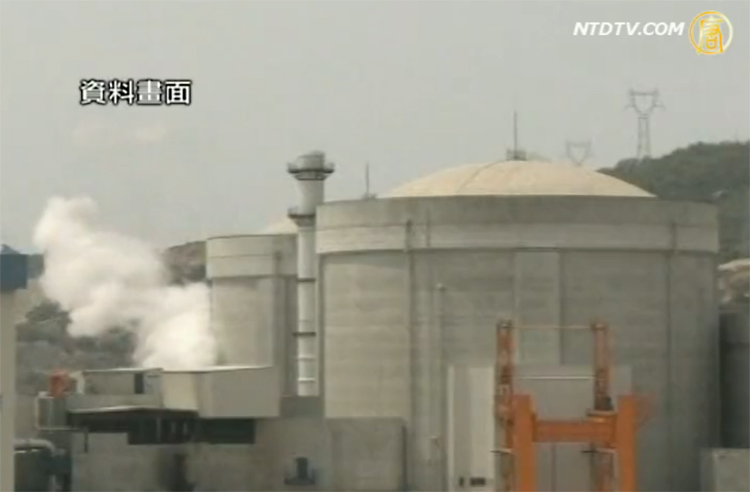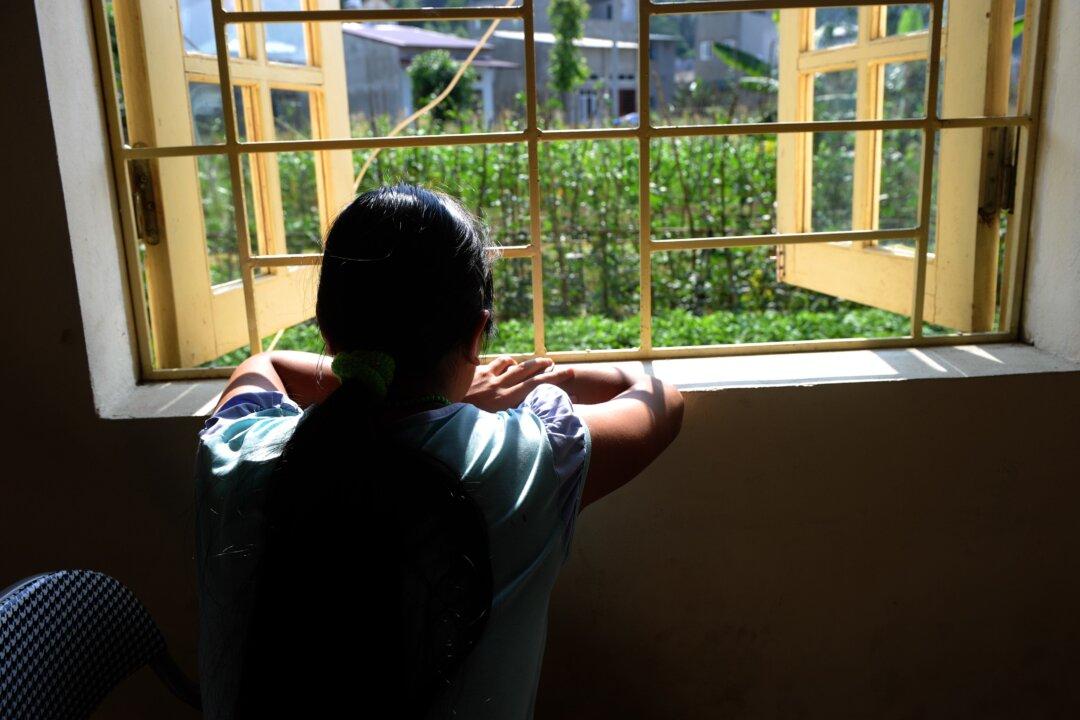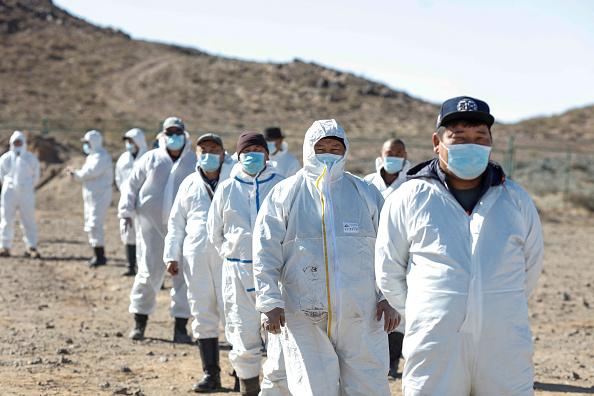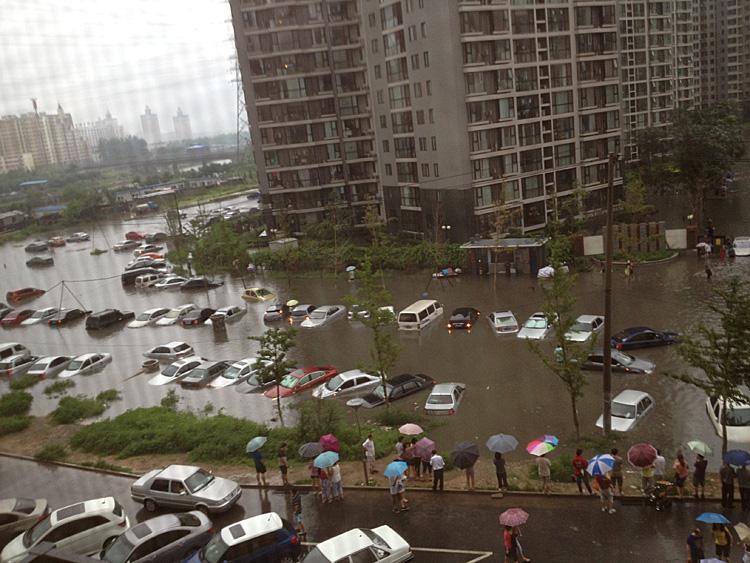Japan’s Atomic Energy Agency said a nuclear reactor in suburban Beijing had an accident last October and has stopped operating since then. Chinese authorities did not report the accident.
The information was reported by Japanese media Sankei Shimbun on Jan. 25. It said the nuclear reactor was Russian-built at a military facility 38 miles west of Beijing. In October 2011, an accident took place in the building housing the power generator for the reactor, causing the reactor to stop running. The reactor does not have an outer container to stop radiation leakage, it said.
Based on the news, Chinese netizens have speculated that the reactor in question is the China Experimental Fast Reactor, located in Beijing’s Fangshan District, at the southwest corner of the China Institute of Atomic Energy.
The Japanese news report caused a public uproar in China and a quick official statement from the Chinese regime denying an accident. The Japan Atomic Energy Agency also later issued a statement, saying that its information was not obtained from official sources, and that it actually “does not have adequate information” on the reactor situation.
But the regime’s statement inspired little confidence in Chinese citizens.
“The Chinese Communist Party hides the truth from the public, and it has the capability of concealing the truth completely. They cover up everything, and hence we know nothing,” Mr. Long, a Beijing resident told New Tang Dynasty (NTD) Television, a New York based broadcaster.
China has an ambitious nuclear power program that is shrouded in secrecy and has raised security concerns.
Presently China has at least 13 nuclear power plants in operation, most of them on the coast, with close to 30 units under construction and over 90 additional units in the planning stages.
Li Xutong, a former researcher at China’s Ministry of Environmental Protection, Center for Nuclear and Radiation Safety, told NTD that human error accounts for 80 percent of nuclear accidents. Hence, when China begins developing nuclear power on a large scale, what concerns the world most is quality control.
“Everything [in China] is politically oriented. As a result, the issue of safety may not be prioritized, and this is what worries us most,” Li said.
In a first-of-its-kind Nuclear Materials Security Index released on Jan. 11 by the Washington-based Nuclear Threat Initiative, China ranks 27 out of 32 countries with regard to transparency of nuclear security and safety measures.
A radiation leak on Oct. 23, 2010, at the Daya Bay Nuclear Power Plant in Shenzhen, Guangdong Province, and a subsequent cover-up by Chinese officials, angered Hong Kong residents and authorities. The reactor, which is located 28 miles northeast of Kowloon, Hong Kong, mainly produces power for Hong Kong and has had numerous problems during the past decade.
During the Oct. 23 damage a cooling water pipe was found to have cracked and nuclear radiation was leaking into the environment. However, the public was not told about the leak until three weeks later.
Read the original Chinese article.
Updated Feb. 2, 3:55am PDT.
